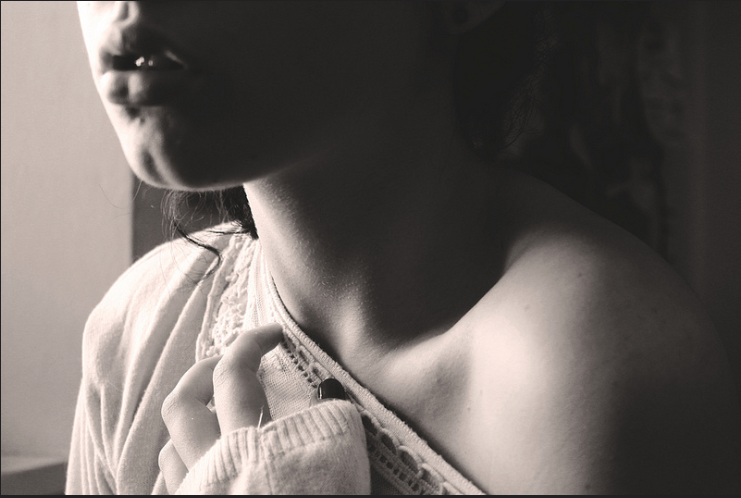
Death and Addiction: The Feelings Nobody Wants to Talk About
I often tell people that my dad died when I was 12 years old and on some levels this is true. In reality, he passed away from organ failure as the result of his addiction when I was 22, but the man I knew as my dad was gone a decade before then. The man who taught me how to ride a bike and watched me catch my first fish had vanished, seemingly before my eyes, and I didn’t recognize the person who had taken his place. What this meant was that, for the next ten years, I attempted to live a “normal” life while being trapped on a terrifying rollercoaster of hope and despair that was impossible to get off.
If your experience has been anything like my own you already know that loving someone in active addiction means always being afraid. We are afraid that if we make the wrong decisions we might lose you, while at the same time, we fear that you are already gone. We wonder how it could ever be ok to smile when someone we love so much is suffering so deeply, and most days we wouldn’t want to anyways. Our minds race; we lay awake at night wondering where you are, if you are alive and if our words were chosen carefully, in case they were our last.
Loving someone in active addiction means constantly being lied to and then lying to ourselves, because sometimes that moment of hope just hurts less. It’s that angry rumble just under the surface; the finger that should be pointing at you but is so often pointing back at us because, once again, our kindness was prayed upon as naiveté. We know better, but doing better means that we might be left with the guilt of turning our backs on you. It means being let down again and again and then condemning ourselves for even the slightest waiver in our faith. It’s fearing for your life and wishing you would die all at the same time.
To me, this was torture; and I didn’t handle it well. I call this decade “the lost years” and although I am grateful I found my way, the path I chose was unnecessarily lonely and isolated because I thought no one, not even my own family, could understand.
The day my father died was the biggest relief of my young life.
Not everyone was ready for this statement, and as I watched his friends and family grieving all around me I was filled with the guilt and shame of my own relief. It was over. The uncertainty was over. The death of my father meant that I could finally begin to accept and deal with what was instead of constantly fighting for what I wanted it to be. It meant the beginning of a slow untangling of a decade of emotions at the end of a strikingly painful era. The worst had happened and yet, I was free. I wasn’t scared anymore.
So for those still trapped on the rollercoaster of hope and despair please know that these feelings are common; you are normal; and this is hard. As you navigate through your own journey with addiction, remember that the path need not be lonely or isolated and that together we will find light in the darkness of our stories.

